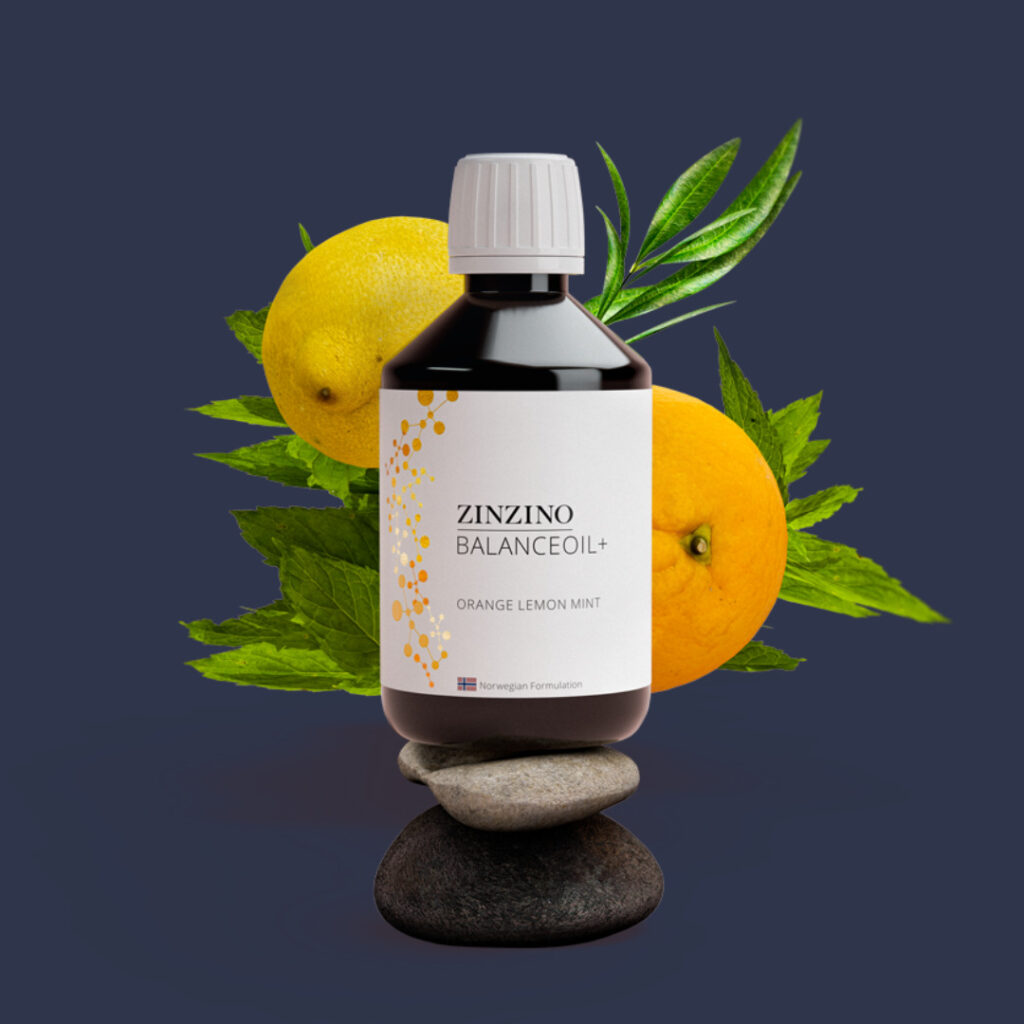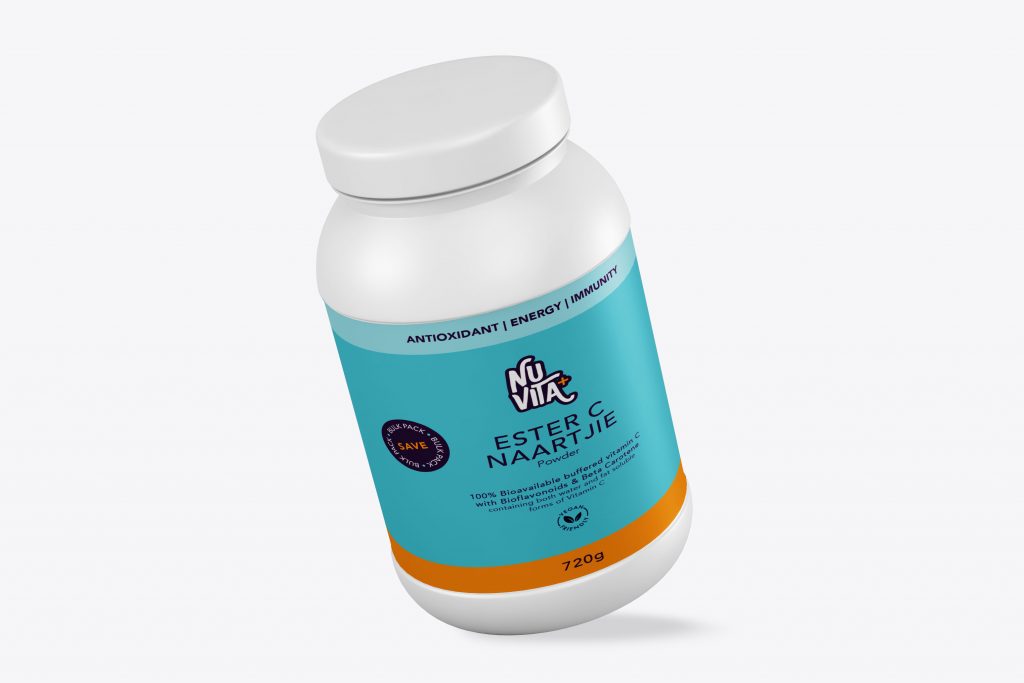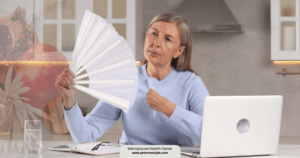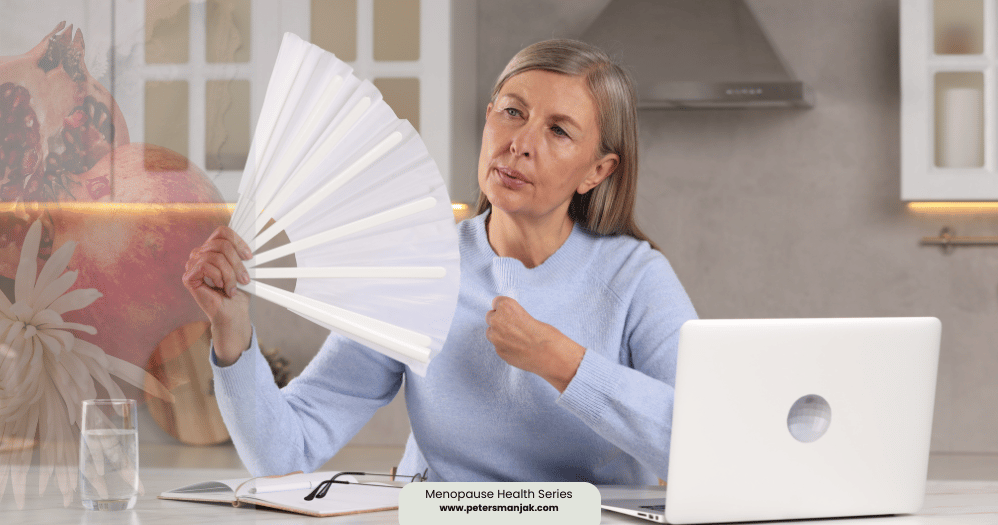Prof. Anton was scheduled to talk to a community church but that had to be cancelled. Due to the cancellation a recorded interview with Prof. Anton has been provided to get a better understanding of the pandemic, how it spreads and how to best avoid contracting the disease.
It is an insightful talk about Covid-19 and how to implement a few preventative measures.
Key Facts Shared
By 24 December 2019, the Chinese government had known that the virus was a novel organism.
Since then, the WHO became involved. COVID-19 has been studied to be a very fast moving organism that behaves a little like influenza. Although symptoms are different one needs to understand how they present. Dr Stoltz says as we cough and sneeze, small particles fall from our mouths and particles either float or fall onto surfaces. Floating particles can stay airborne for 7-9 hours. Dr Stoltz is a TB expert and has studied how airborne particles behave.
Airborne Virus
His view is COVID-19 is an airborne virus. Particles are found everywhere and with this important factor, one must make sure that an infected person is isolated immediately to minimise transmission. It is important to note that a sneeze can reach up to 6 metres. So to practice social distancing from a person, you need to stay at least 2 metres away. Sneezing is not a common symptom of COVID-19 but coughing is. When coughing, particles fall to the ground and all surfaces and remain there until touched by another person.
Rules in Case of Infection
In his home if he was infected, he relates the rules agreed when infected. If infected and with your family, you should remain isolated in your own room. Self quarantine if ill. He suggests that the family have rules for the house and for other people entering the home which he is totally against.
The process could involve, stay in own room, eat alone, use you own bedding and bathroom during infection period. Do not share anything. White linen to be bleached before going into the washing. If you need to speak, speak on the phone or use video chat. It is vital to keep a check on the infected family member. Do not isolate the family member but keep checking on them.
To go outside, which is good for an infected person, use a mask and sit in the wind or breeze. PS Comment: InCzeck Republic where there is a lockdown, people are not allow outside their homes because they worried about the airborne particle. However Dr Skoltz feels they are not serious about in the open air as they get absorbed by other particles in the air.
The Sneezing Missile
If sneezing other members to stay 6 metres away. In the infected person’s bedroom, make sure you need natural ventilation to enhance a breeze through the room and house. If ill, call the ambulance. Fever or other signs, to be discussed before the time. Transmission agreement and rules are to be implemented.
Cover Your Face – Masking When Infected Only
The use of a mask? He states that there is no beneficial use for using a mask. You would actually infect yourself if you wear it. The only advantage is small in that you will not touch your face. When ill wearing a mask is important.
He makes a note that you need to understand the disease. The particles when entering the mouth will look for specific receptors in the lung. This causes inflammation in the lung. You may be feverish, however this is not applicable to all. When you are screened and do not have a fever, they may miss the condition. Other symptoms include a cough, malaise, a feeling of being unwell, a sore throat and other flu like symptoms. Diahorea is another symptom.
Current Infection Numbers
As of 18 March, they have seen over 150 people and have not found one positive. At this stage we are only at the outbreak. As of today there is only 116 people infected. Most people tested were ill already. he does cast some doubt on the test as the probability assigned to the test is around 75% to accurately test for COVID-19. He suggests that only when you have the specific symptoms, then see the test station because if not, the test may not pick up the initial test.
If exposure is high, you will be asked to go home and remain isolated. They are currently estimating that 20% of the population and 4% will have a critical disease meaning you will struggle to breath where you will required the medical fraternity to assist with breathing. Only very ill people will end up in hospital.
Death rate is 2% to 2.3%. Italy is higher because of the older population. Not all people will survive the disease. The people at greater risk are people over the age of 60 years of age. The reason for this is because at this age, people generally have many other health conditions that expose them. People with cancers, diabetes and HIV/AIDS are even at greater risk. PS Comment: See the results achieved in Wuhan at the moment with the use of vitamin C and the benefit to recover from COVID-19. Read more here.
Prof Stoltz wishes for a lower curve in order for the medical fratermity to deal with the virus. Is a steep curve it will place too much pressure not the medical system and the medical fraternity.
He believes COVID-19 could last for along time of infection given we going into the winter months shortly. Reinfection and infection could be longer be longer.
Conclusion
After listening to this brief talk and many others, the medical fraternity does not speak about nutrition and improving one’s immunity. It seems the hype is further stimulated by fear and risk mitigation by specific actions to minimise infection. Let us carry on with life, consciously aware of the current threat, improve hygiene factors which should be common anyway, and feed our immune systems with the correct foods and supplements during this time. In our previous writings, the main supplements now are vitamin C (mega-dose), selenium (not over 300mcg daily), zinc, an abundance of fruit, veg and purified water.
The Health Department’s emergency hotline number is 0800 029 999 – (Health Department’s Website) or Whatsapp support line for Covid-19 is 0600 123 456 Prof. Anton Stoltz UP ISMC Management Committee member Researcher Head of Infectious Diseases; Steve Biko Academic Hospital Department: Internal Medicine








